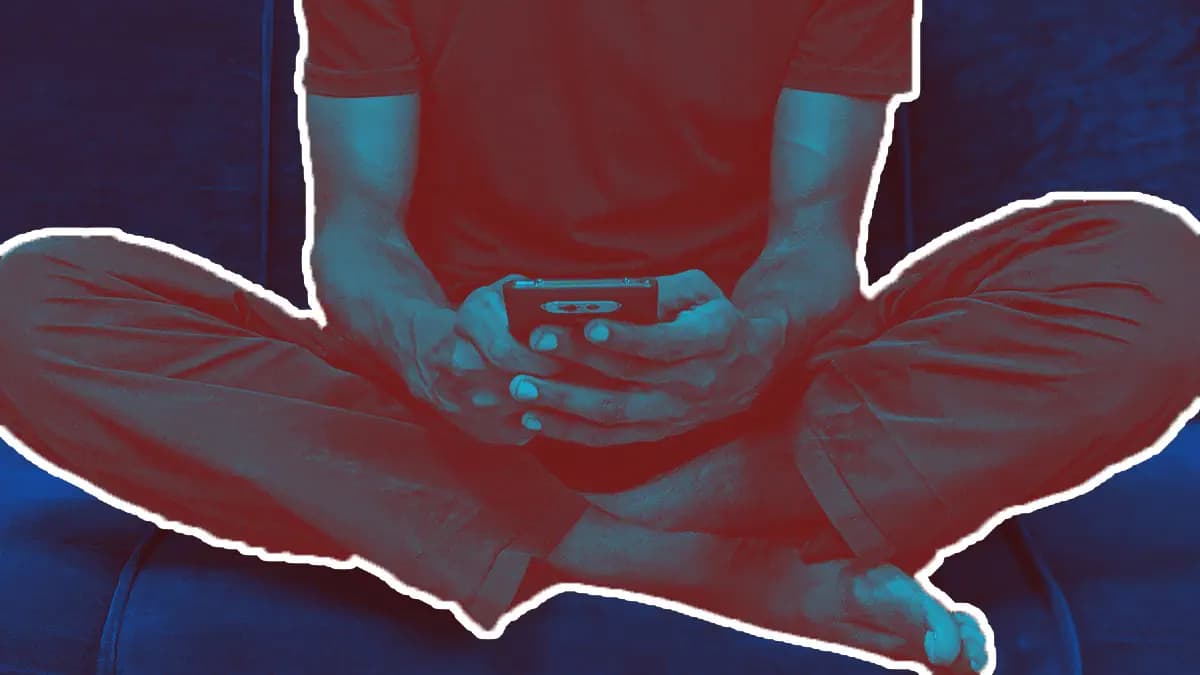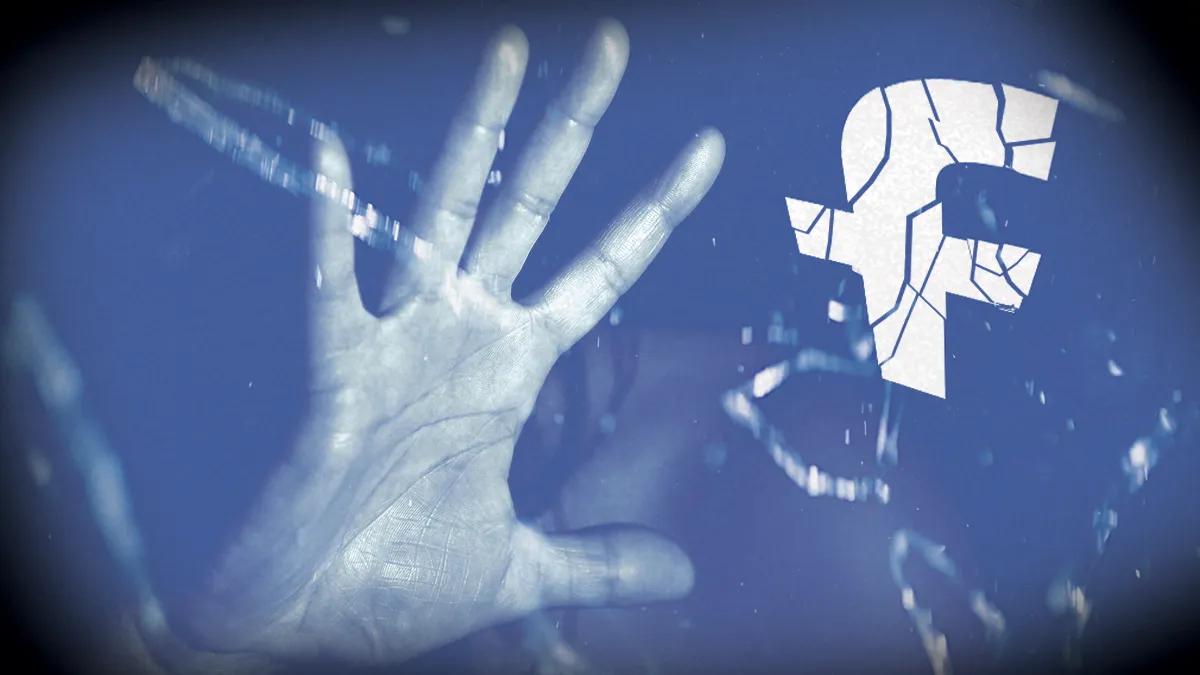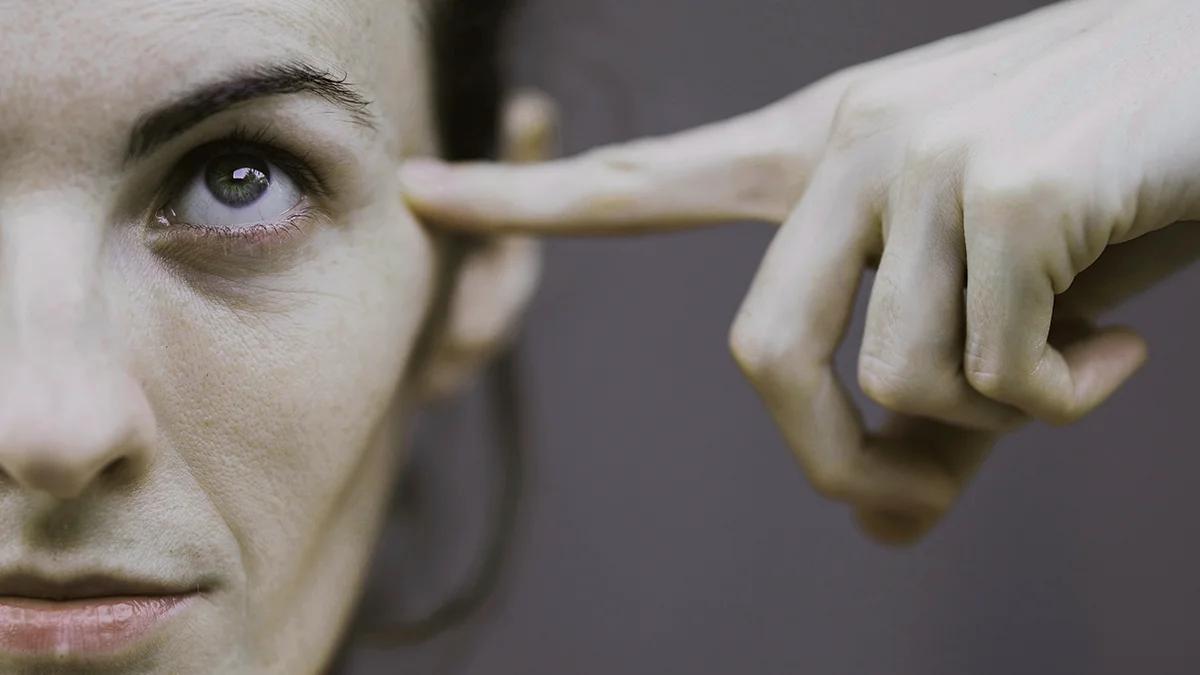Recognizing the impact of social media on loneliness
4 December 2020 at 08:36 · 3 min read

Social media can be seen as systems that intend to bring us closer to each other.
One would perhaps think that the modern, interconnected world we live in has brought us all closer. However, the feeling of loneliness is as present as ever.
In many settings, social media apps like Facebook, Instagram, and Snapchat may provide opportunities for connecting with others and adding vitality to your life. However, contrary to what you may think of major social media platforms, they can actually have the effect of exacerbating the feeling of loneliness.
We have all experienced being in a public place, taking the bus, waiting for a friend, or simply dining out when suddenly everyone opens an app to avoid an awkward silence. People often do this to feel some sort of connection to others. But, if you are spending too much time on social media, and making it a substitute for real connection, the feeling of loneliness is likely to worsen. Research has found that there is a causal link between the use of social media and negative effects on wellbeing, primarily depression and loneliness. The findings showed that people who spend less time on social media actually are less depressed and lonely. So why is this?
Social Comparison
One of the main arguments is the theory of social comparison. When we log on to our devices we are constantly exposed to others' lives. However, the content we are exposed to does not necessarily portray a realistic picture of those people’s lives. Although we might be aware that this content is artificial, it can still have an effect on us. We might feel that other people have a richer life, are more interesting, funnier, and happier. We might also ask ourselves; “What am I doing?” or “What does my life look like?” compared to the influencer or bloggers we are seeing on Instagram and Snapchat. Thus, such social comparisons can happen multiple times each day, depending on how often you look at your device.
The FOMO effect
The concept of ‘Fear Of Missing Out,’ also known as FOMO, has also been thought to have an effect on mental health through social media. The feeling of ‘FOMO’ is apparent when someone feels that they could have been in a certain place, whereas they opted not to. The rise of social media has given people a greater awareness of issues such as inclusion and exclusion. We are now more able to view whether friends of ours are doing something without us. If we feel excluded by someone we have a strong relationship with - especially whilst being able to view it - it can evoke a strong negative feeling of being left out.
Consider the case of James:
| James is a 25-year old student living in Oslo. James describes himself as shy and recollects that he has been a shy person throughout his whole childhood. At first, James used social media to try and become involved in people's lives, since he struggled making friends and real connections in the past. In the last couple of months, his social media usage has increased drastically. To begin with he thought that viewing content through social media would make him feel less lonely. However, he now feels miserable and left out when he views the content of other people's lives. |
When someone posts a story on Facebook or Snapchat we might know that we are not necessarily being rejected. However, it may still give us a feeling of loneliness and we may therefore ask:
should I place more limits on my usage of social media?

